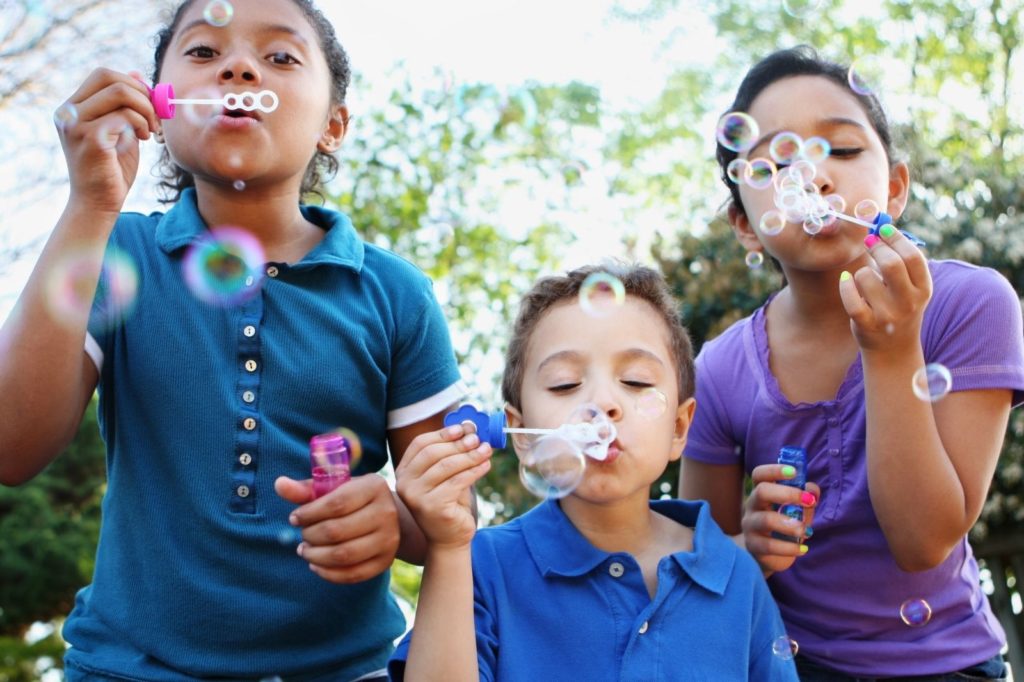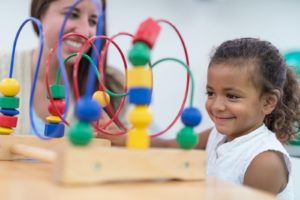Building resiliency in kids with mental health challenges is a year-round process, but the summer months can prove to be especially challenging. The structure of the school day is lacking. So is access to the school’s resources for helping kids to cope with both new issues that might crop up and any that are ongoing.
As always, the key is providing a positive environment that avoids judgment in favor of nurturing; it’s also important to be an active listener when talking with your kids.
Creating a safe summer space to thrive
Active listening, including reflecting back what your kid says to you, draws them out, and helps them to express feelings for which they might not have the proper words. In this way, they can alert you to potential problems, such as feelings of isolation or depression. In turn, you are providing a forum in which they feel safe expressing themselves about things that they might not otherwise bring up. It’s not just great for the summertime; active listening is important year round. The Center for Parent Education has some terrific resources to help you become a better active listener.
If your child is taking medications for anxiety, depression, ADHD or other conditions, talk with their physician about continuing, modifying, or even suspending the dosage over the summer. The lack of structure can increase anxiety, for example; your physician may want to adjust the dosage, and will be able to explain any warning signs that there may be trouble ahead now that school’s out. Forewarned is forearmed!
It’s also important to communicate with your child about expectations and boundaries during the summer. Be sure to continue the regular routines for waking up, mealtimes, and bed time. These provide a comforting structure. Also consider limiting television and/or video games; this is a good way to encourage your child to be more active. The Royal College of Psychiatrists stresses the link between physical activity and mental health. They note that being active has been shown to improve overall mental attitudes, which in turn builds self-esteem.
Within the routine that you create for your child, consider scheduling a few hours of unstructured time away from technology. In an article for the New York Times, child and adolescent psychiatrist and author of “The Over-Scheduled Child”, Alvin Rosenfeld shares that “Enrichment activities are perfect. They add a lot to kids’ lives. The problem is we’ve lost the ability to balance them with down time, boring time.” Add that down time back into the routine. Under light supervision, let your child to decide how they want to spend these downtime hours, and try not to jump in and rescue them if they say “I’m bored”. While planning a variety of enrichment activities is beneficial, adding in the unstructured alone time allows children to be creative and become comfortable with being by themselves.
Another good way to build your child’s self-esteem is to use the summer months to introduce age-appropriate chores around the house. It can give them a boost by building his or her confidence. Make sure that they are ones that can be easily mastered, and don’t stint on praise when the job is done well. Don’t skimp on encouragement, either, even if folding the laundry or emptying the dishwasher doesn’t go well the first few times. Emily Roberts MA, LPC encourages us to remember, and to remind your kid, that no one gets it right the first time.
Staying social, staying active
Socialization is also important, so set up play dates, or sign them up for activities such as a reading club at your local library or classes geared toward special interests. Consider crafts, or a subject in which your child is already interested (dinosaurs? horseback riding? science?). Emphasize that there aren’t any tests involved in these classes. You’ll find some good bets at The Southwest School of Art, with classes for kids from 5 to 18. Costs vary according to class. The Witte Museum offers a wide range of classes and activities where kids “from 3 to 99” can learn about dinosaurs, weather prediction, and life in the Old West, among others. Prices vary for each class. Of course, swimming classes provide exercise, fresh air, and socialization all in one place, as well as teaching a potentially life-saving skill. The San Antonio Parks and Recreation Department has classes for all age groups, plus programs for dance, music, martial arts, and science, just to name a few.
Reach out for help
If your child seems to be in trouble, getting help quickly is vital. Your first resource is his or her primary physician, who can do an evaluation and make the proper recommendations and/or referrals. Remember, it’s important for you to remain positive. Any action you may need to take is all about getting help to make him or her feel better so that they can have as much fun as possible during the all-too-brief vacation months.
For hope and healing,
Mike Hannan
In case of a medical emergency, please call 911. For a child’s mental health emergency (ages 3 to 17), call Clarity Child Guidance Center at 210-582-6412. Our crisis service department accepts walk-ins 24/7. You can find directions to our campus here. Please do not hesitate to reach out to us. We are here to help!










